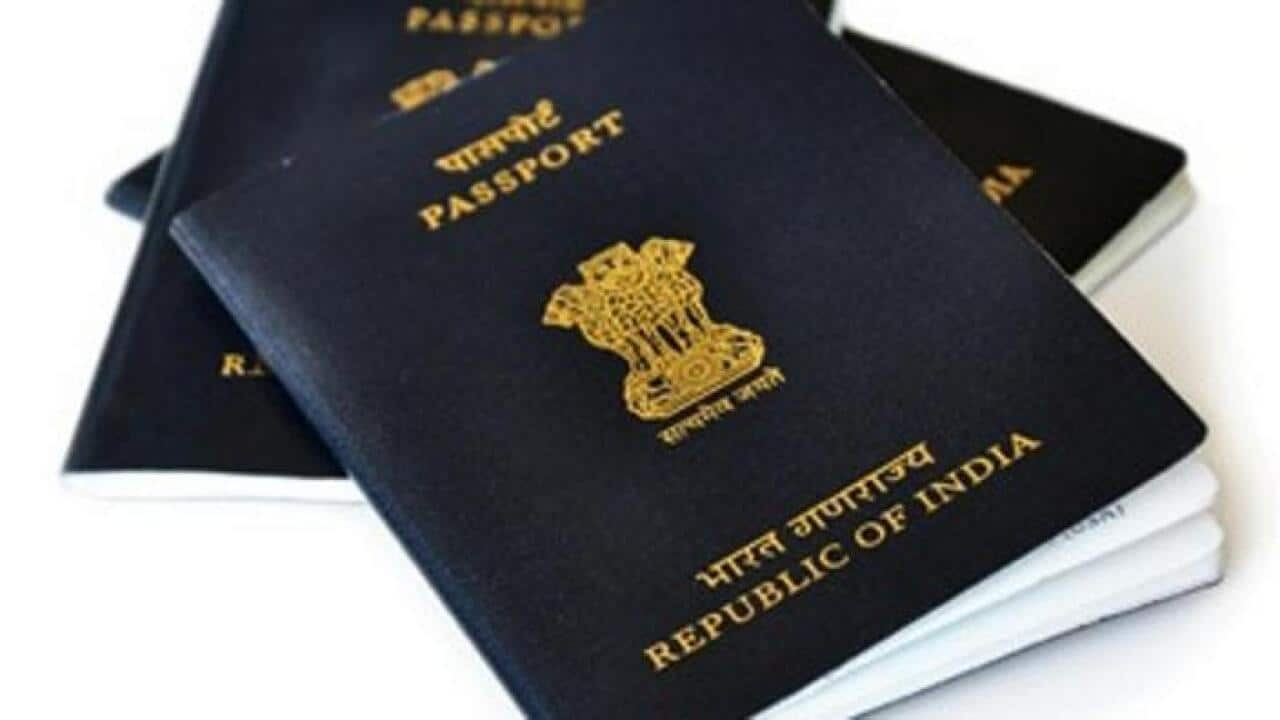Ministry of External Affairs announced last week migrant workers who need emigration check to travel to other countries would be issued orange passports.
“Passport holders with ECR (Emigration Check Required) status would be issued a passport with orange color passport jacket and those with non-ECR status would continue to get a blue passport,” MEA spokesman Raveesh Kumar said on Friday.
The government’s plan, supposedly to save migrant workers from exploitation, was forcefully criticized. Emigration check is required for those who are not matric pass.
Economist Dr. Vinod Mishra of Monash University in Victoria believes that the change could lead to a potential discrimination of the workers.
“If you are providing two different passports then you are ensuring that the difference can be identified between two persons. You will know just by looking at the passport if the holder has had little or no formal schooling. Indian society is one of the unequal societies in the world and there is a tendency to discriminate on a different basis. So, I have a feeling that the orange passport holder may suffer,” opines Dr. Mishra.
Political parties have also criticized the decision.
“Treating India’s migrant workers like second-class citizens is completely unacceptable,” Rahul Gandhi, leader of the opposition Congress party, said in a tweet.
India exports the most migrant workers. According to some studies, 1 in 20 migrant workers is of Indian origin. Most of these go to Gulf countries. But many of these migrant workers come from humble backgrounds. They are unskilled labor and vulnerable to exploitation.
To protect these workers from exploitation, the Government of India requires them to get clearances from before traveling. This applies to a number of countries, including the United Arab Emirates, Qatar, Malaysia, and Yemen.
However, people who have passed high school do not need to get clearances. The reason behind this is the conception that educated or skilled workers are less likely to be exploited in a foreign country.
To make things easier, the government is planning a different colored passport for these unskilled workers. But the experts believe that ease of business cannot be a reason for such policies.
“It is correct to an extent that a different colored passport would make things easier for immigration officers among others but as the discrimination related researchers also reckon unconscious bias. Many a time you do not discriminate delicately but some tell-tale sign can lead you to behave in a certain manner. This is another possibility,” says Dr. Vinod Mishra.
Nitin Pai, director of Takshashila, a Bangalore-based public policy think tank, says that it is wrong to create different colored passports for different kinds of travelers.
“However well-intentioned the move to create different colored passports for different kinds of travelers, it is wrong and must be reconsidered. Already officials treat citizens differently based on their class … different passport colors will worsen it,” Pai tweeted.
Oommen Chandy, former chief minister of the southern state of Kerala, said, “If this becomes a reality, the moment an orange color passport holder lands in a foreign country, he will be treated with disdain, and it will have a telling impact on such people's character and individuality. This should not happen at all.”
Oommen Chandy, former chief minister of the southern state of Kerala, said in an interview to the NDTV, “If this becomes a reality, the moment an orange color passport holder lands in a foreign country, he will be treated with disdain, and it will have a telling impact on such people's character and individuality. This should not happen at all.”
S Irudayarajan, head of the migration department at the Centre for Development Studies, says that in the number of workers working abroad with little or no formal schooling is very high. “If in Kerala, according to our studies, around 15 percent of the 2.5 million Kerala diaspora haven't qualified Class 10, in other big states it would be more than 50 percent. Dividing citizens based on education is the last thing that should happen in our country and it should be dropped," Irudayarajan told NDTV.
